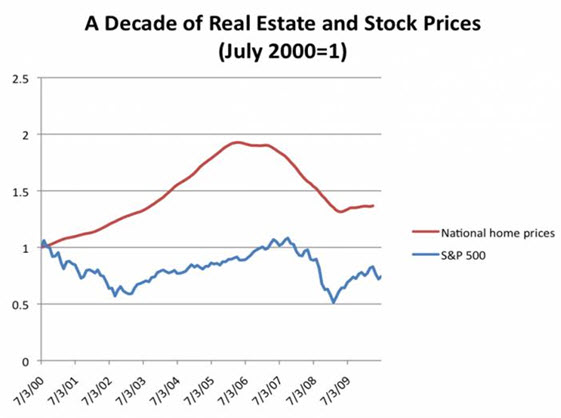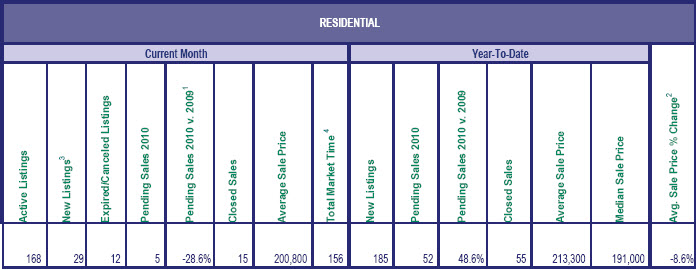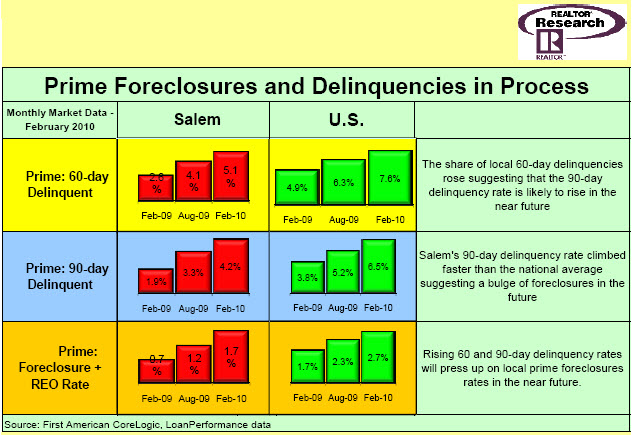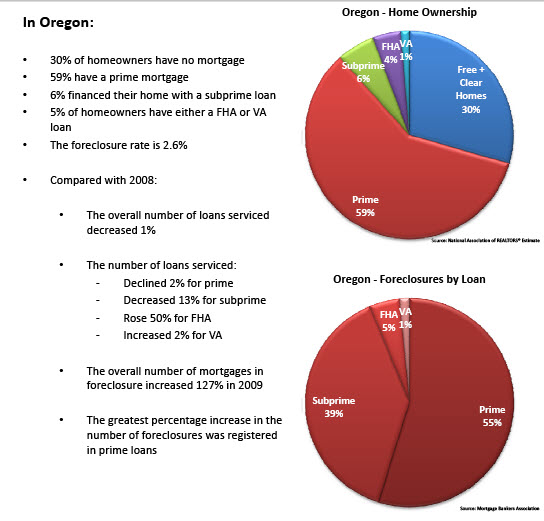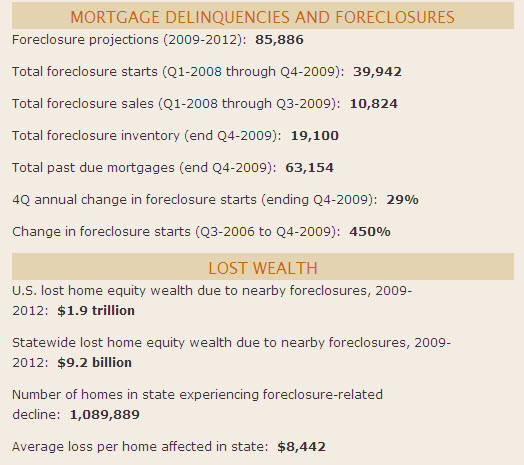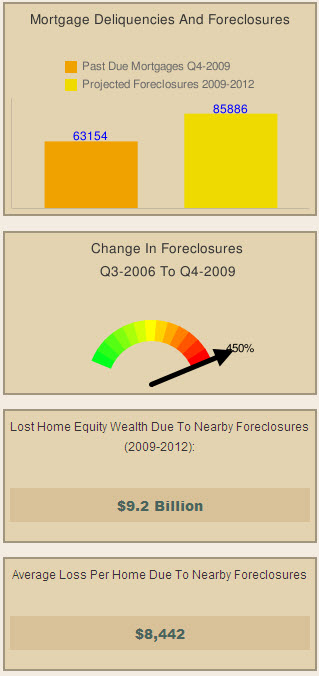To Buy or Not to Buy Mt.Hood Properties
The fact is, this is probably the best time in the past 80 years to purchase real estate. Swelling inventories and unbelieveable interest rates have created this opportunity. Not only is a house a home but what about the investment opportunities.
Here is how the housing values compares with the stock market over the past decade.
